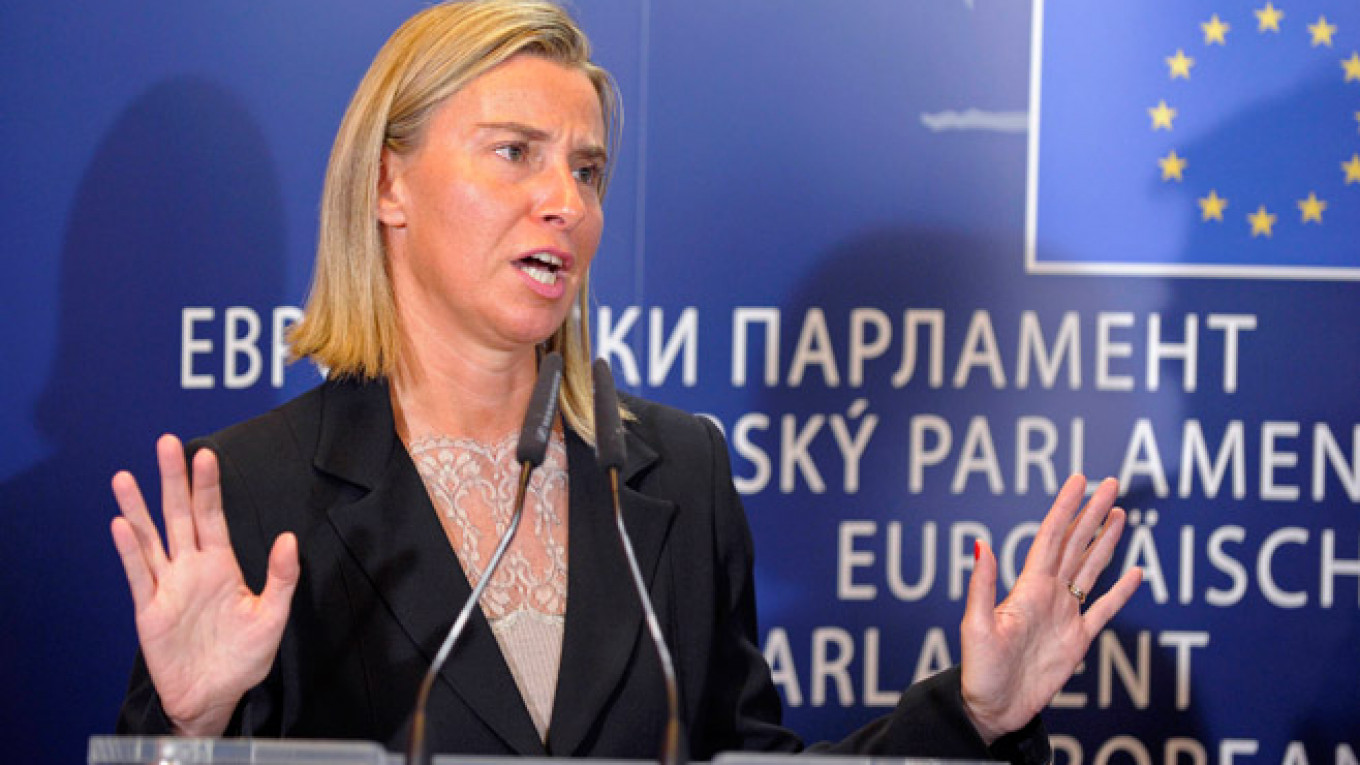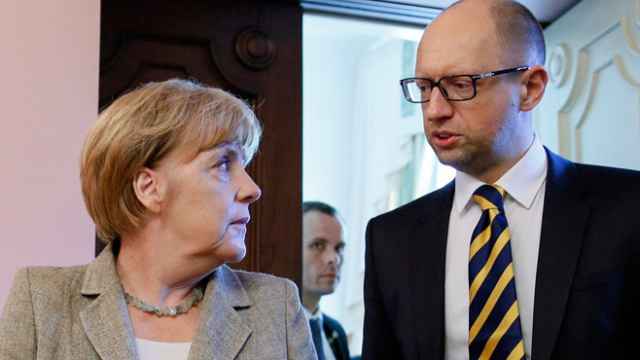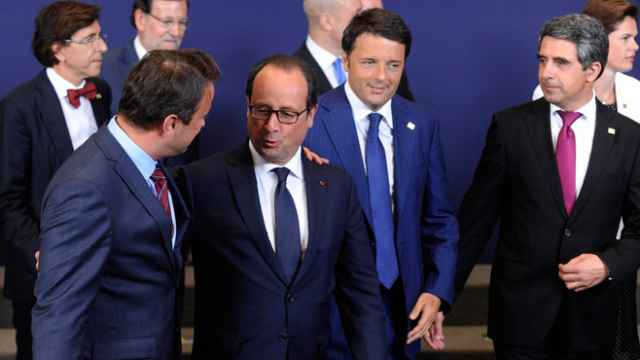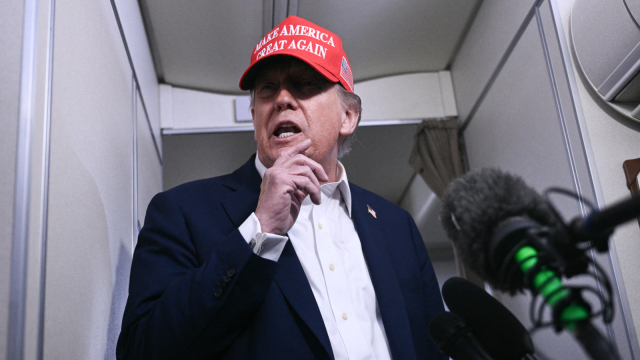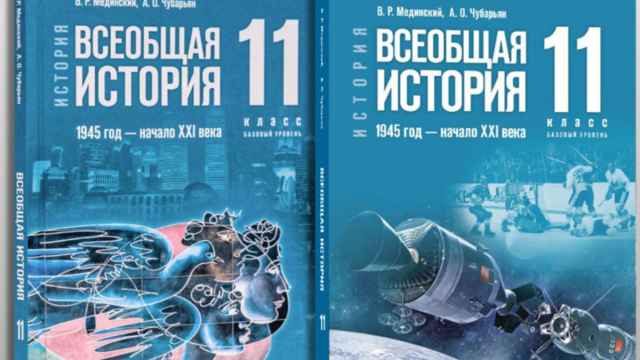BRUSSELS — European Union countries will discuss on Wednesday whether to implement new sanctions against Russia over its involvement in Ukraine, the European Commission said on Tuesday, as Kiev urged the 28-nation bloc to move without delay.
EU governments adopted new sanctions against Russia on Monday but delayed enforcing them to leave time to assess whether a cease-fire in Ukraine, agreed last Friday, was holding.
The sanctions package includes restrictions on financing for Russian state-owned oil companies and banks, an expanded list of individuals who cannot enter the EU and will have their assets there frozen, and new restrictions on the sale of goods that can be used for both military and civilian purposes.
"The package has been adopted, we now have a next … meeting tomorrow that will return to the issues, including the assessment of the implementation of the cease-fire agreement and the peace plan," EU Commission spokeswoman Maja Kocijancic said.
"You have seen what is going on the ground, you have also seen what is the assessment of the Ukrainian authorities and the cease-fire appears to be holding with some incidents," Kocijancic told a daily news briefing.
Russian Foreign Minister Sergei Lavrov said on Tuesday a cease-fire in eastern Ukraine was being observed "in general."
But Ukraine's Ambassador to the EU Kostiantyn Yelisieiev called on the bloc to implement the sanctions quickly.
"We urge the European partners to implement this important decision without any delay in order to change the aggressor's behavior and ensure that thr Russian side fulfills the conditions clearly identified in the European Council conclusions," Yelisieiev said in a statement.
The conditions include an immediate withdrawal of all Russian military forces from Ukraine and putting a stop to any further movement of armed forces into Ukraine from Russia. Moscow would also have to release Ukrainian prisoners.
Russia denies that it has troops in Ukraine, in the face of what Western countries say is overwhelming evidence. NATO says Russia has thousands of troops there with hundreds of armored vehicles and tanks.
"So far the Russian side has not fulfilled key demands of Ukraine and the EU," the Ukrainian ambassador said.
"Only a smart combination of diplomatic efforts and consistent motivating pressure by the EU are able to establish favorable conditions for implementation of the peace plan of the president of Ukraine," Yelisieiev said.
EU Jitters
However, implementing the sanctions would require unanimity among EU countries, and some EU are clearly more in favor of diplomatic efforts than sanctions.
"We can only master the real problem via negotiations and a political solution and not with sanctions," Austrian Vice Chancellor Reinhold Mitterlehener told reporters before a Cabinet meeting on Tuesday.
Countries such as Poland and the Baltics have taken a hard line toward Moscow while the leaders of Austria, Hungary, the Czech Republic and Slovakia have been skeptical of sanctions.
Italy, whose Foreign Minister Federica Mogherini has been chosen to be the EU's new foreign policy chief, and Finland were also reluctant to implement the new sanctions, EU diplomats said. One diplomat called the EU talks on Monday about sanctions implementation "a circus."
Moscow lobbied for the delay in the implementation of new sanctions. Russia's ambassador spoke Herman Van Rompuy and the EU's High Representative for Foreign Affairs Catherine Ashton on Monday, diplomats said.
His message was that the EU should look at what was happening on the ground in Ukraine and reflect in its position that the cease-fire was holding.
One of the difficulties in making a decision on sanctions implementation is that the EU has no agreed way to establish if the cease-fire in Ukraine is holding — it is up to individual governments to make their own assessment.
The cease-fire in Ukraine is part of a peace plan intended to end a five-month conflict that the United Nations' human rights envoy said had killed more than 3,000 people.
The EU has always said its sanctions would be reversible if Russia stopped destabilizing Ukraine. The truce was largely holding on Monday and Tuesday, though each side accused the other of sporadic shelling, including in Mariupol, a city of about half a million people.
Kiev said Tuesday that four Ukrainian servicemen had been killed since the start of a cease-fire.
A Message from The Moscow Times:
Dear readers,
We are facing unprecedented challenges. Russia's Prosecutor General's Office has designated The Moscow Times as an "undesirable" organization, criminalizing our work and putting our staff at risk of prosecution. This follows our earlier unjust labeling as a "foreign agent."
These actions are direct attempts to silence independent journalism in Russia. The authorities claim our work "discredits the decisions of the Russian leadership." We see things differently: we strive to provide accurate, unbiased reporting on Russia.
We, the journalists of The Moscow Times, refuse to be silenced. But to continue our work, we need your help.
Your support, no matter how small, makes a world of difference. If you can, please support us monthly starting from just $2. It's quick to set up, and every contribution makes a significant impact.
By supporting The Moscow Times, you're defending open, independent journalism in the face of repression. Thank you for standing with us.
Remind me later.


